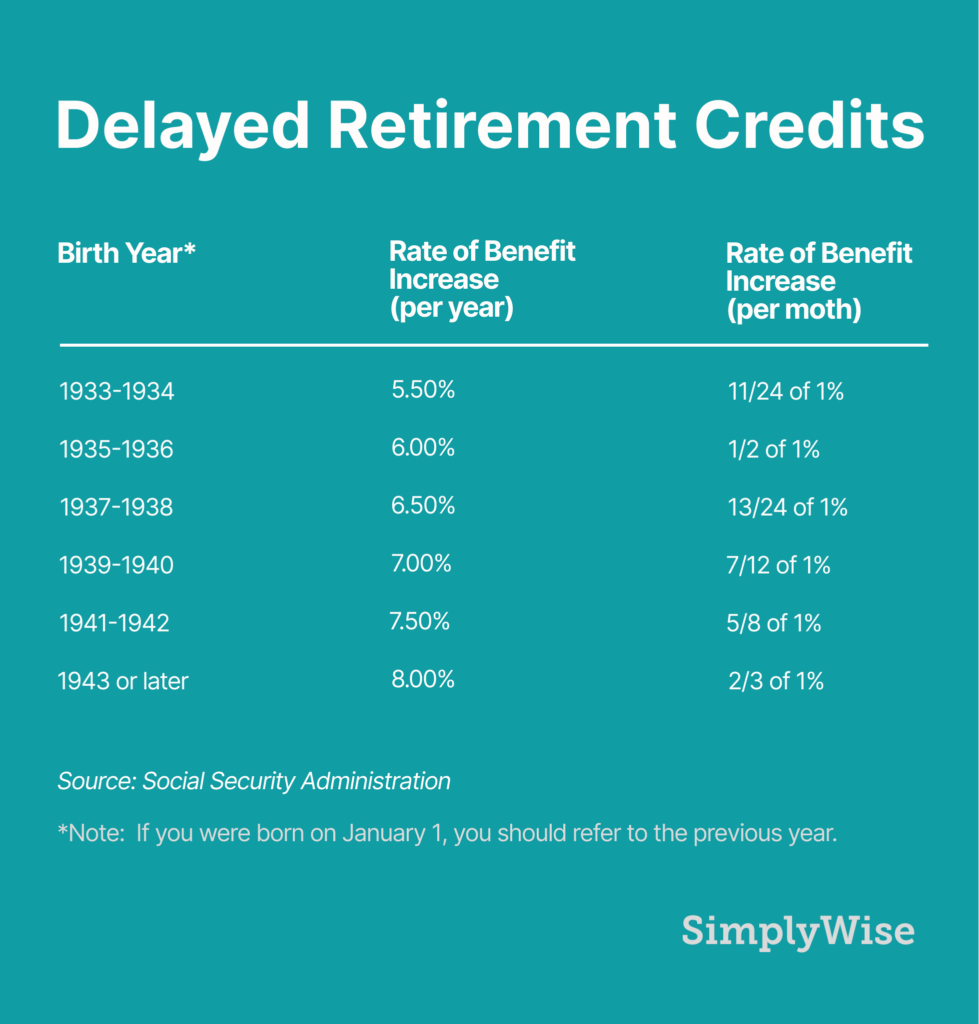Current News on Delayed Retirement in China
The topic of delayed retirement in China has gained significant attention recently, with various news articles and reports discussing the implications and details of the new policies. As the country grapples with an aging population, the government is taking steps to gradually increase the retirement age, which has sparked both interest and controversy among the public.
Overview of Delayed Retirement Policy
The Chinese government has been contemplating the delayed retirement policy for several years. The discussions began as early as 2013, with formal proposals emerging in 2021 to gradually raise the statutory retirement age. The latest updates indicate that men will see their retirement age pushed back to 63 years, while women will have a maximum retirement age of 58 years. This change is part of a broader strategy to address the challenges posed by an aging workforce and to ensure the sustainability of the pension system.
Key Articles and Reports
BBC News reported on September 13, 2024, that the new retirement policy is now officially in place. The article highlights that the discussions around delayed retirement have been ongoing since 2013, and the specifics of the implementation have finally been clarified. Read more here.
An article from The Paper published on December 12, 2021, outlines the principles behind the delayed retirement policy, emphasizing the need to adapt to the increasing aging population. The report mentions that over 40 million new retirees are expected during the 14th Five-Year Plan period, which runs from 2021 to 2025. Read more here.
A recent piece from Xinhua News on September 10, 2024, provides an explainer on the draft decision regarding the gradual increase in retirement age. It notes that life expectancy in China has risen significantly, from around 40 years in the early years of the People's Republic to 78.6 years today. Read more here.
The New York Times reported on April 27, 2021, that the government’s decision to gradually delay the retirement age is a response to the urgent issue of a rapidly aging population, which poses risks to the national pension fund. Read more here.
Another article from The Paper on April 7, 2021, discusses the implications of the delayed retirement policy for different generations, providing a comparison table for the retirement ages of those born in the 70s, 80s, and 90s. Read more here.
A February 17, 2023, report from BBC News indicated that a research report suggested the government would announce a gradual retirement plan, aiming for a 65-year retirement age for both genders by around 2055. Read more here.
An article from China Daily on March 15, 2021, outlines the principles set forth in the 14th Five-Year Plan regarding the gradual increase of the retirement age, emphasizing the need for small, manageable steps. Read more here.
A recent update from Guancha.cn on July 21, 2024, discusses the Central Committee's decision to steadily advance the gradual retirement age reform, highlighting the importance of addressing the challenges posed by an aging society. Read more here.

Implications of the Policy
The delayed retirement policy is expected to have far-reaching implications for the Chinese workforce and economy. As the population ages, the labor force is shrinking, which poses challenges for economic growth and the sustainability of social security systems. By increasing the retirement age, the government aims to:
- Mitigate the financial strain on the pension system.
- Encourage longer participation in the workforce, thereby increasing productivity.
- Adapt to demographic changes and ensure that the economy remains robust.
Public Reaction
The announcement of the delayed retirement policy has elicited mixed reactions from the public. While some view it as a necessary step to ensure the sustainability of the pension system, others express concerns about the impact on their personal lives and job security. The debate continues as various stakeholders, including labor unions and social organizations, voice their opinions on the matter.

The delayed retirement policy in China represents a significant shift in the country’s approach to managing its aging population. As the government moves forward with this initiative, it will be crucial to monitor its implementation and the public's response. The success of this policy will depend on how well it addresses the needs of both the economy and the workforce, ensuring a balanced approach to retirement that benefits all citizens.
For more detailed information, you can explore the articles linked above, which provide insights into the ongoing discussions and developments surrounding this important issue.





